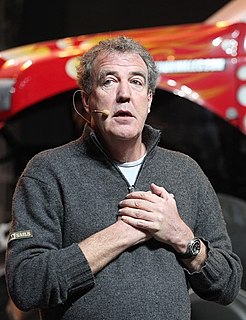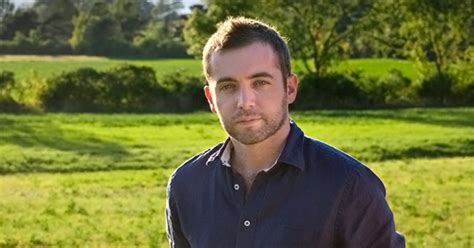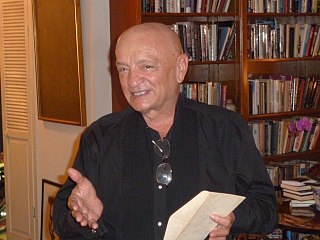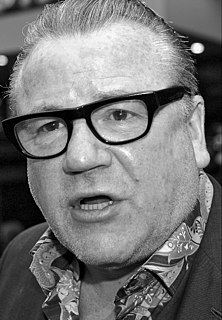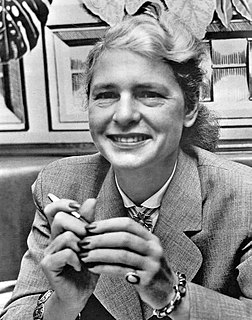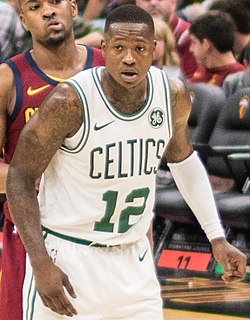A Quote by Jeremy Clarkson
Racing cars which have been converted for road use never really work. It's like making a hard core adult film, and then editing it so that it can be shown in British hotels. You'd just end up with a sort of half hour close up of some bloke's sweaty face.
Related Quotes
I grew up loving watching movies, and at a certain point, I started to become fascinated with making movies. Then I went to film school, and I got to dabble with different aspects of moviemaking, and I ended up settling heavily into editing - editing was what I was really adept at, had a passion for.
Getting to Valle Nevado is half the fun. A serpentine road from Santiago wriggles up the spine of Andean peak for an hour, then traverses a valley and finally up again. The hotel is perched on a rugged mountain crag at 3,000m: no other sign of human development is visible from this spot, which is close to the Argentinean border.
I'm the youngest of six kids, and when a you're living in such a big family, you never really become an adult, and I'm so happy about that. At my 34, I think, "Even if I end up becoming a dad or something down the road, I don't think I'm ever going to be an adult. I'll just be a kid raising a kid.".
You must stop editing--or you'll never finish anything. Begin with a time-management decision that indicates when the editing is to be finished: the deadline from which you construct your revisionary agenda. Ask yourself, 'How much editing time is this project worth?' Then allow yourself that time. If it's a 1,000-word newspaper article, it's worth editing for an hour or two. Allow yourself no more. Do all the editing you want, but decide that the article will go out at the end of the allotted time, in the form it then possesses.
I like to hide my camera and use a remote control, because then no one knows when I'm actually imprisoning their souls in the visual plane of thought or just sitting there, waiting, and then making time stop. The printed film is like a bell used to symbolize its hour. Except it stands for both that hour's and everything's sudden stopping.
I've always loved film more than theater, and film may be more closely related to making a record because you have that ability to go in and do your work and have no judgment around it, and feel honest. Then, much later, it's presented to people. But in theater, people come backstage after a performance and you're about to do the same play again the next night, and people say, "Well, I didn't really believe that emotion" or whatever. It's really hard for me, I like to be closed up and just do the work.
[ Digital revolution ] only has allowed me to work faster, editing digitally, which I'm doing right now, a film on volcanoes. I can edit almost as fast as I'm thinking, editing with celluloid means always searching for this little reel of film, and number it, and scribble on it with some sort of pens, and gluing it together, and working on a flatbed. It's much, much slower.
When I'm making a movie, it's making use of my creative juices, and it fills me up with what really is - I think my purpose here is to tell stories. When I'm not, then I really have to learn how to live life and make use of the time properly. I'm not always great at making those decisions, but when it comes to working, my time is totally taken up. I have no option except to get up early in the morning and to work on that movie and to finish. But I take that with a pinch of salt, because I also love my time off.
